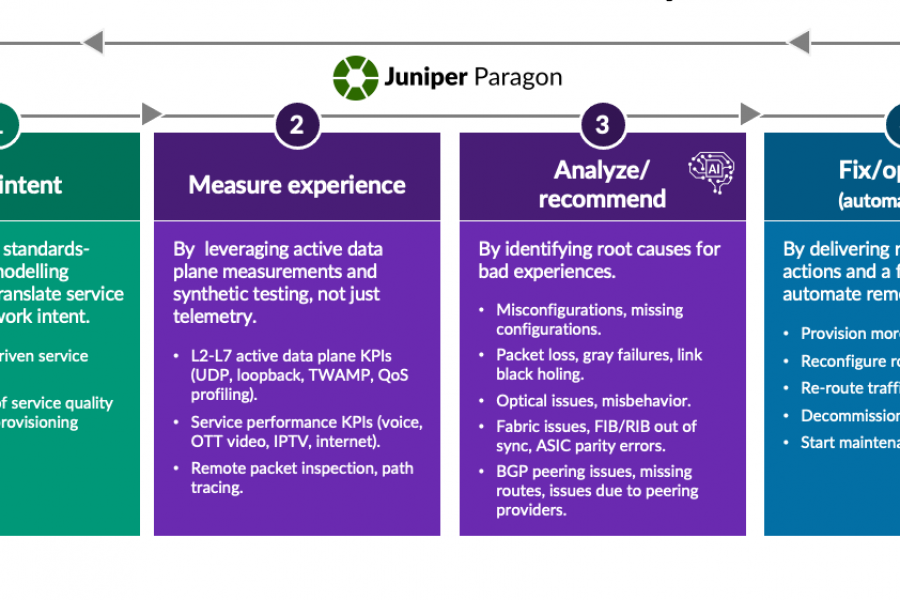As more business and personal applications move to the cloud, network operators are expected to meet growing demands for new services, speed to market, flexibility and reliability while minimizing operations complexity and costs. Early efforts focused on deploying non-cloud-native solutions that created complicated and rigid infrastructures. This is why many operators are now moving to cloud-native solutions with microservices architectures that are implemented in containers. This approach promises improved reliability, speed, agility and scale. Ultimately, these solutions increase revenue and reduce operational costs, but only when properly implemented.
Today’s network operators need a full-featured, cloud native routing solution to run end-to-end across the infrastructure regardless of hardware or underlying software. Current routing solutions include vendor-integrated (non-cloud-native) solutions or open source routing stacks that do not support the full set of features required in a cloud data center, such as MPLS.
To be viable as a cloud-native solution, a routing stack requires the following characteristics:
- A disaggregated consumption model providing the flexibility to deploy a single solution across the infrastructure, including white-box switches from any ODM vendor and Linux servers for simplicity and cost containment
- The ability to easily scale horizontally as needed to meet the elastic demands of end-customers
- Be containerized to deliver better performance and more agility than a virtual machine, ensuring fast response to customer demands and a high performance, highly reliable infrastructure
The Solution: cRPD, Juniper’s Deployment-Hardened Routing Engine in a Container
To meet these needs, cRPD – a cloud-native, containerized routing engine – has been engineered for simple deployment throughout the cloud infrastructure. cRPD is based on a fully-featured, deployment-hardened routing stack. It provides the required reliability for cloud deployments and can be implemented in a Docker container that runs on any Linux-based system, including both servers and white-box routers in order to control the routing protocols on those devices.
cRPD shares the same management functionality as Junos and Junos Evolved on Juniper Networks’ hardware, giving data center engineers a consistent configuration and management experience across all routing devices in a hybrid cRPD and Juniper hardware environment. cRPD also runs on third-party network operating systems, such as SONiC, delivering a full-featured deployment-hardened routing option with that operating system.
Currently, Juniper supports four on-box use cases, including: host-based routing, egress peer engineering, cRPD as a route server and cRPD as a route reflector. In general, host-based routing allows Layer 3 connections between servers and leaf nodes, greatly reducing complexity. Egress peer traffic engineering on a host allows more efficient routing by selecting the best egress route directly at the source. Implementing a route reflector on the server resolves scaling issues in full-meshed iBGP networks.
In future blogs, we’ll share additional information on these use cases. To learn more about Juniper Networks’ free 90-day cRPD trial, please visit:
https://www.juniper.net/us/en/try/trial/

























